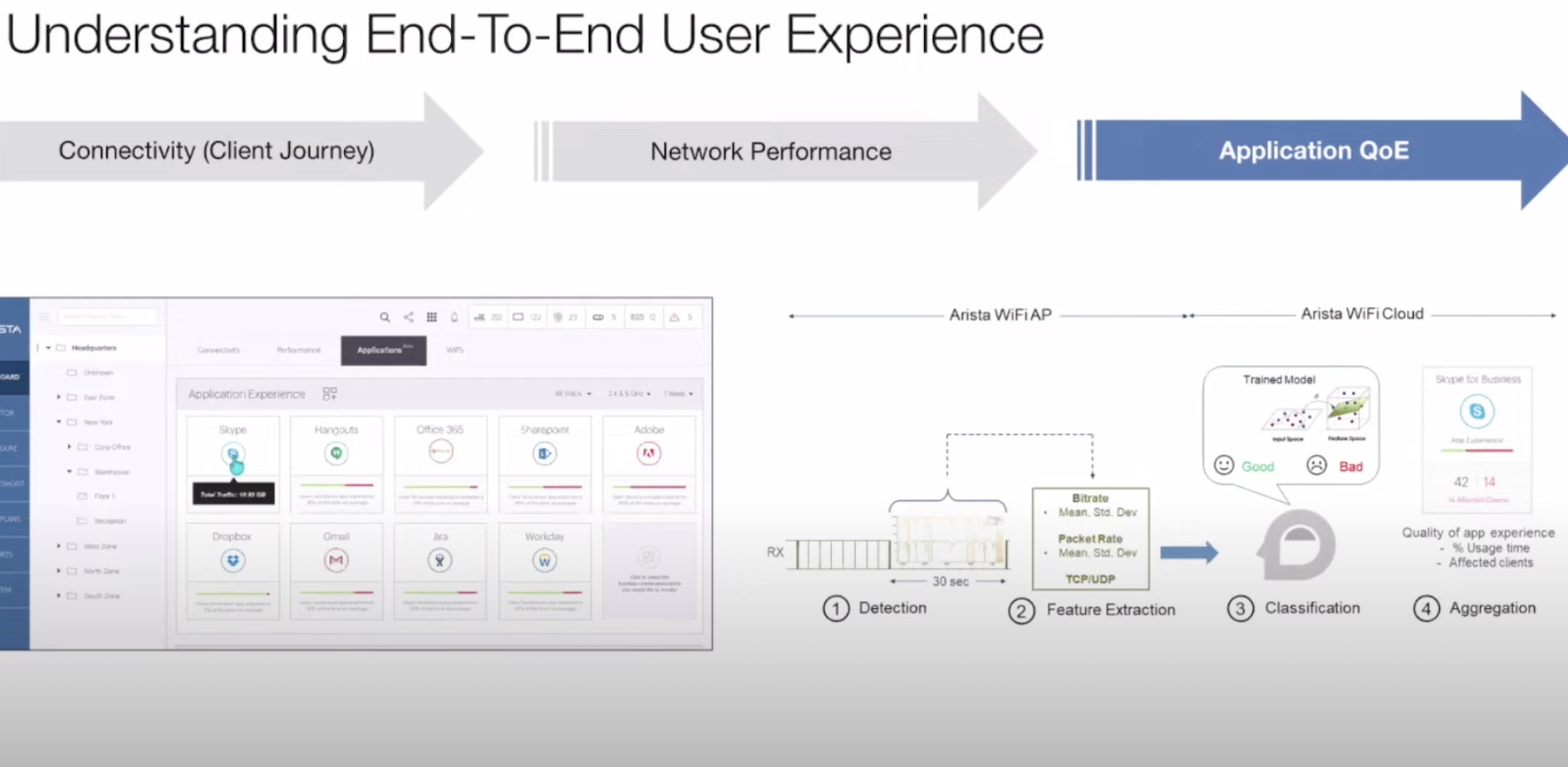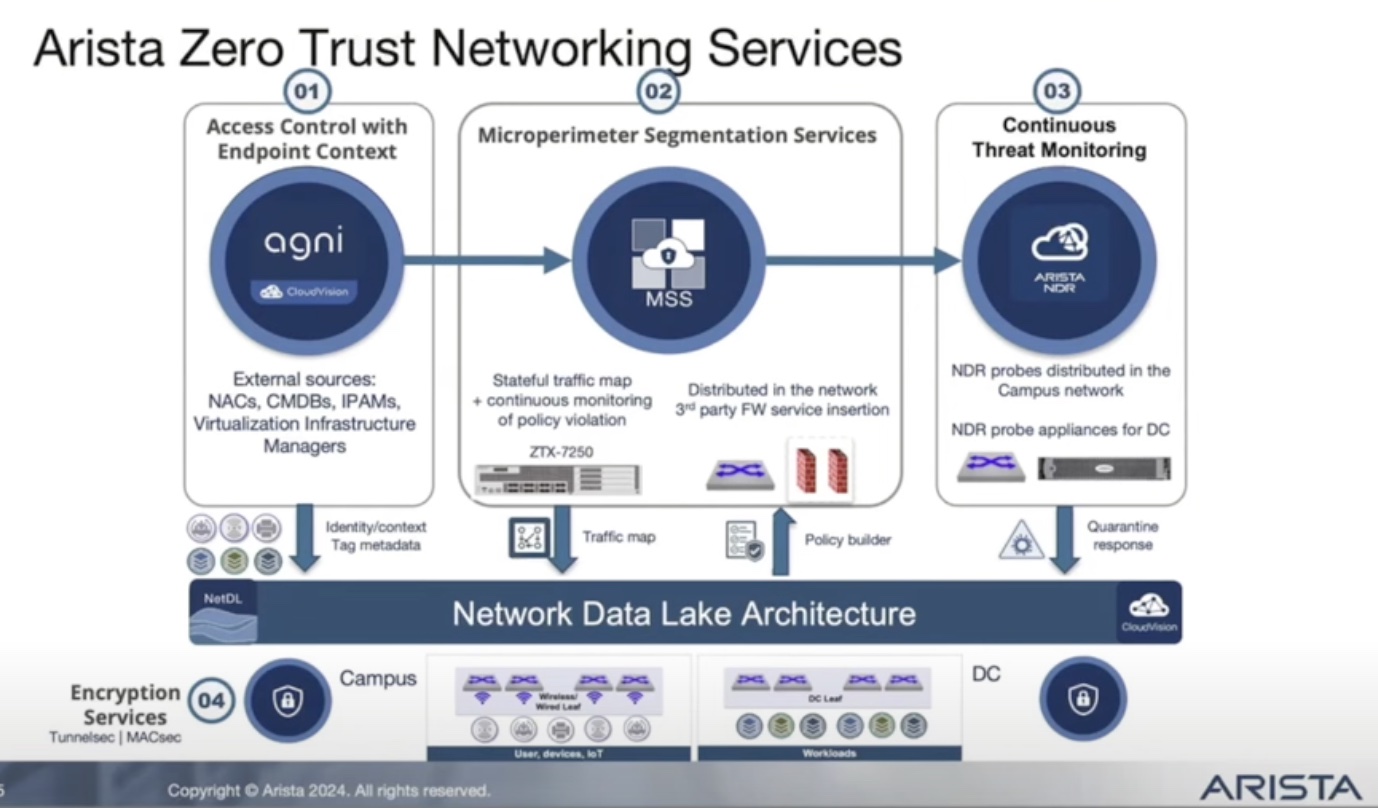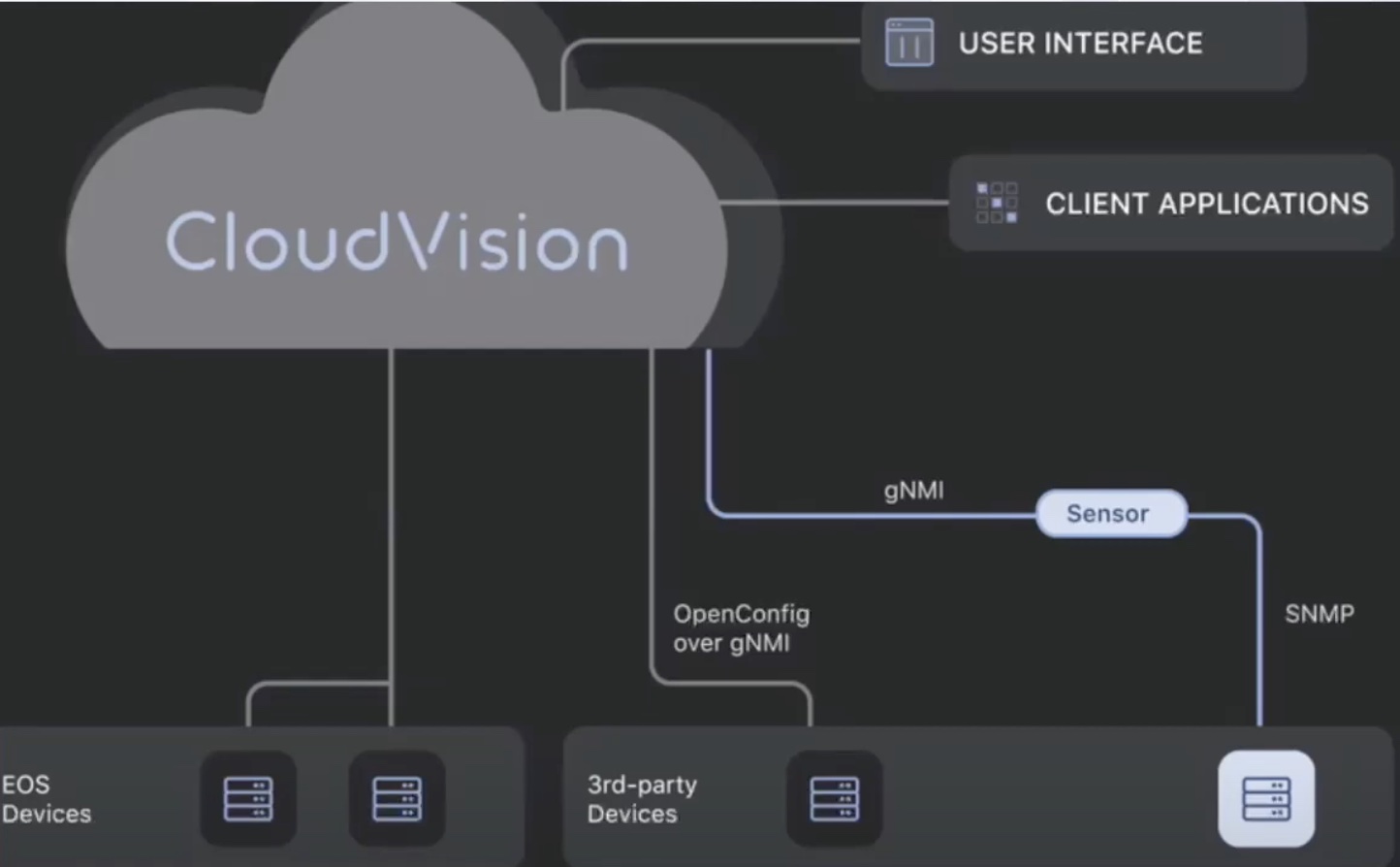It’s been over a year since the last time I took a look at Arista and Cisco and the titanic cage match they’ve been fighting. It’s been three years since the announcement of the lawsuit and there’s been enough back-and-forth to make this a Wimbledon tennis match. Let’s look at where we stand today after three years of legal proceedings.
The Short, Short Version
Here’s the quick recap of the case for those that are just coming in. Cisco sued Arista for violating a number of patents they held. The two biggest ones were the patent covering SysDB, which Arista uses for core process communications, and the syntax and style of their CLI. Cisco claimed that Arista had stolen their intellectual property and they wanted Arista to stop.
Cisco filed a lawsuit but also went to the US International Trade Commission (ITC) to seek relief while the lawsuits were being argued in court. The ITC move was seen as interesting to the community because the ITC couldn’t rule of the patent as a matter of law. They could only rule if a company infringed or not. The ITC has a lower burden of proof in these cases and can only bar a company from importing products found to be infringing. Because Arista assembles their switches overseas and imports them an ITC import ban could be very costly for them.
Cisco and Arista sparred back and forth about the validity of the patents as well as the spirit of the proceedings. Blog posts were written. Court briefs were filed. And by 2016, it looked like things weren’t going to go Arista’s way. The ITC finally ruled that Arista infringed on three key patents. The ITC was set for a import ban as Arista scrambled to rewrite the infringing code and spin up domestic assembly facilities. Cisco countered with a threat to ban imports of infringing components for assembly. That looked a bit like a reach to most observers, since the infringing technology was in fact software and not hardware related.
What’s Been Going On
Since my last look at this, the patent law has been flying fast. First, Cisco lost their trial for the CLI infringement through the novel use of a defense Arista employed called scènes à faire. Basically, Arista argued that the elements of a CLI were obvious and over 40 years old. Much like stealing secret plans in a spy movie or a rocket launch in a space film, these elements can’t be copyrighted because they are just that pervasive. It was a huge win for Arista and for anyone using a CLI that looks very Cisco-like.
Of the remaining 14 patents, Arista was able to get around 9 of them through rulings about infringement or Cisco outright removing them from the complaint. That is pretty typical of a case like this. Throw things at the wall and see what sticks. That still left five outstanding patents that Arista infringed upon. Arista was able to design around three of them. That left them staring at the two remaining parts of a very large complaint.
The first patent, 6,377,577, covers access control list processing in hardware. The irony is that this patent was created by Andy Bechtolsheim and David Cheriton while they worked at Cisco before founding Arista. The second patent, 7,224,688, was originally assigned to Xerox and covers the very broad statement of “communication terminal device and method for controlling same”. That sounds nice and vague and open to all kinds of interpretations.
The ITC ruled that Arista infringed on these two patents and banned them from importing infringing products into the country. The appeals process lasted until this past September when the ITC finally ruled in favor of Cisco. But, along the way, a funny thing happened to those two patents. The US Patent Trial and Appeal Board (PTAB) of the Patent Office took a look at the patents and ruled them invalid. That was great news for Arista. However, there is a legal rule called assignor estoppel which prevents people from assigning patent rights to another person or company and then challenging the validity of that patent.
We’re left with Cisco losing on twelve of the original 14 claims and winning on two that were later ruled invalid. Arista won big but may still be in trouble because they can’t import infringing devices into the country until the patent rulings are affirmed by a federal court at some point. That hasn’t stopped Arista’s stock price from soaring though. They have been rated as a strong “buy” from the financial markets leading up to the final ruling about the ITC import ban. Their latest quarterly numbers don’t take the ban into account and look very good for investors.
Bringing It All Together
After three years, multiple trials and motions, and arguing back and forth between the ITC, PTAB, and federal court system where are we now? Cisco managed to get a win for the moment based on their patents but probably ended up losing in the long run thanks to them being later invalidated. It may be enough to hurt Arista if there is no way around the import ban. A high performing company needs to fuel the engine with sales and a lack of product to sell makes that very difficult. Observers are sure that the federal court will uphold the invalid ruling on the patents, but given that it’s taken us three years to get to this point there’s no telling how long the next rulings may take. This whole thing isn’t even close to being done.





I forgot to mention this last week…unless my browser renders this incorrectly, I do wish your blog had the publish date on it. I was looking up information on this lawsuit and what you wrote is great…but there multiple relative references that make no sense when I don’t know the publish date. I assume this was written in 2018? Just a thought…or, maybe I am doing something wrong on my end. Keep up the great work Tom!
Hi, Thanks for your clear writing. I have one question, does this mean HPE stopped selling Aristas Products?